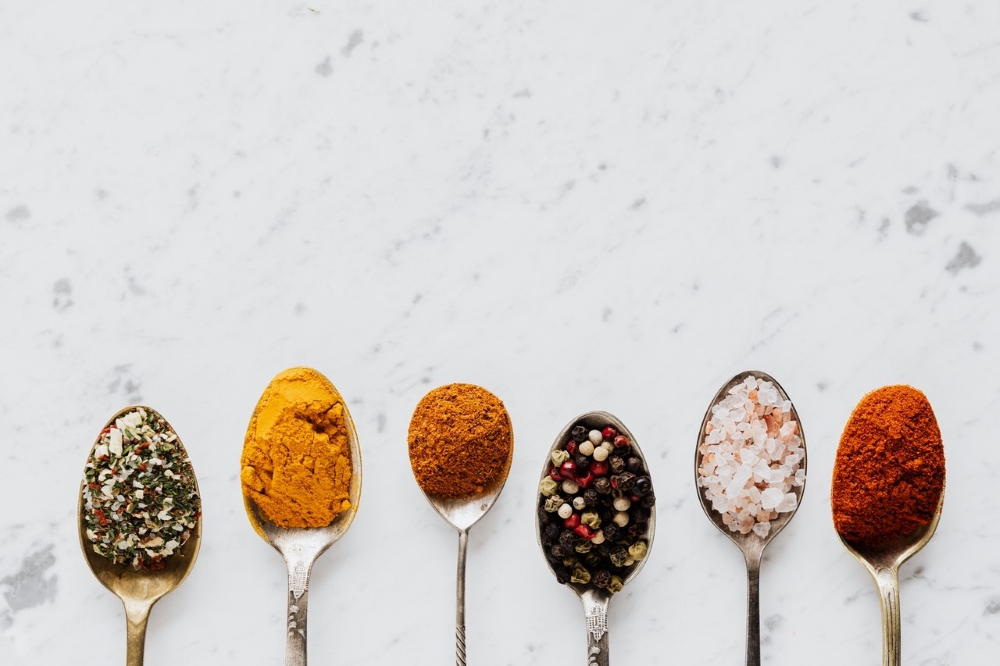The cookbook industry is a tough nut to crack—costs are high, and returns are low. Cookbook advances, if you are lucky enough to get one, are low, and they usually don’t cover most of the expenses involved with writing, testing recipes, photography, and other production elements. Extra costs quickly add up if outside help for photography and writing is needed or if travel and dining out are necessary for the book. Additional marketing plans and campaigns may be needed to supplement what publishers have to offer. More often than not, the cost of producing a physical cookbook can leave you in the red or just barely breaking even, no matter how popular the book is upon release. None of that even covers the mental health, time, and energy involved in the creation. Despite the arduous process, given the right planning and dedication, publishing a cookbook can still lead to success, especially if you start with a blog.
While it may seem like food blogging could bring about the death of the print cookbook, the two are capable of coexisting and mutually benefiting from one another. Cookbooks and food blogs both tell stories through food, albeit with slightly different purposes. A blog is expansive, chronicling and reveling in the success, failures, and failures-turned-successes over lengthy periods of time. The ability to reach and interact with an audience is immediate and constantly evolving. Think of blogs as an endless saga where the reader is continuously introduced to new characters, side stories, and extraneous material with a central theme of food. Cookbooks, on the other hand, are stories told through food with a more definitive, specific purpose. They have a beginning, middle, and end, just like a regular novel. Their audience is more niche, and the interactions are less immediate. This slight variance in audience and style is how the two successfully coexist. So how do blogs and cookbooks help each other? Writing and maintaining a food blog is what helps writers succeed on their path to cookbook publication.
Whether you choose to publish by more traditional means, like a publishing house, or opt for self-publication, successful book launches are aided significantly by blogging. Publishing companies are more willing to take on cookbook contracts if would-be authors have already proved their worth. They like to see that people are marketing savvy, have tested their writing skills on a reliable audience, and that they have the motivation to put in the hard work involved in getting published. Publishers often judge potential authors on their media presence or celebrity status, preferring those that have been able to gather and maintain some degree of a steady audience. They want to know that the market and platform are already established so that, upon publication, the cookbook sells well. Publishers often base their contracts and advances on the number of followers someone has on social media and how loyal their audience is, increasing the advances in their contracts on a sliding scale according to blog or other social media follower counts. Many publishers won’t even consider a cookbook query if the writer doesn’t have some sort of established online presence, which is why it is so essential to start with a blog and then move on to the book.
For those who prefer self-publishing, writing a blog is a great way to test out niche markets, find your audience, and see what readers are interested in buying. Because publishing a cookbook involves so many high costs, blogging can help weed out the less profitable cookbook ideas. Essentially, it’s like conducting research for a scientific study with food as the focal point. Blogs help would-be authors determine what cookbooks are potential vanity projects versus what cookbooks audiences will engage with and buy. Since self-publishing doesn’t have the same financial backing as traditional publishing, it’s incredibly important to determine where your money should be spent in order to maximize profits and success. You can promote Kickstarter campaigns to cover costs, generate buzz and excitement, and ensure that all that effort is worth your time.
No matter how you choose to publish your cookbook, starting a food blog is a great first step.

